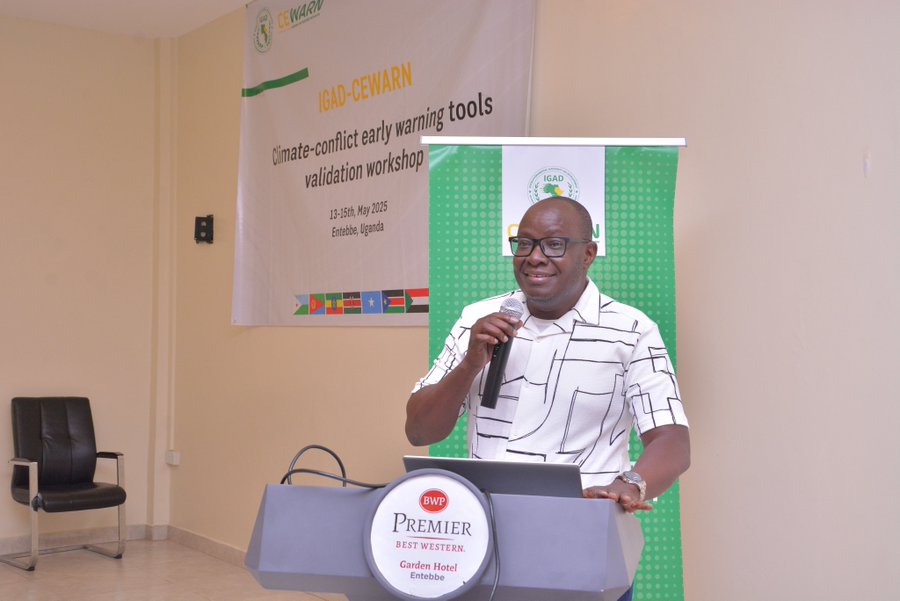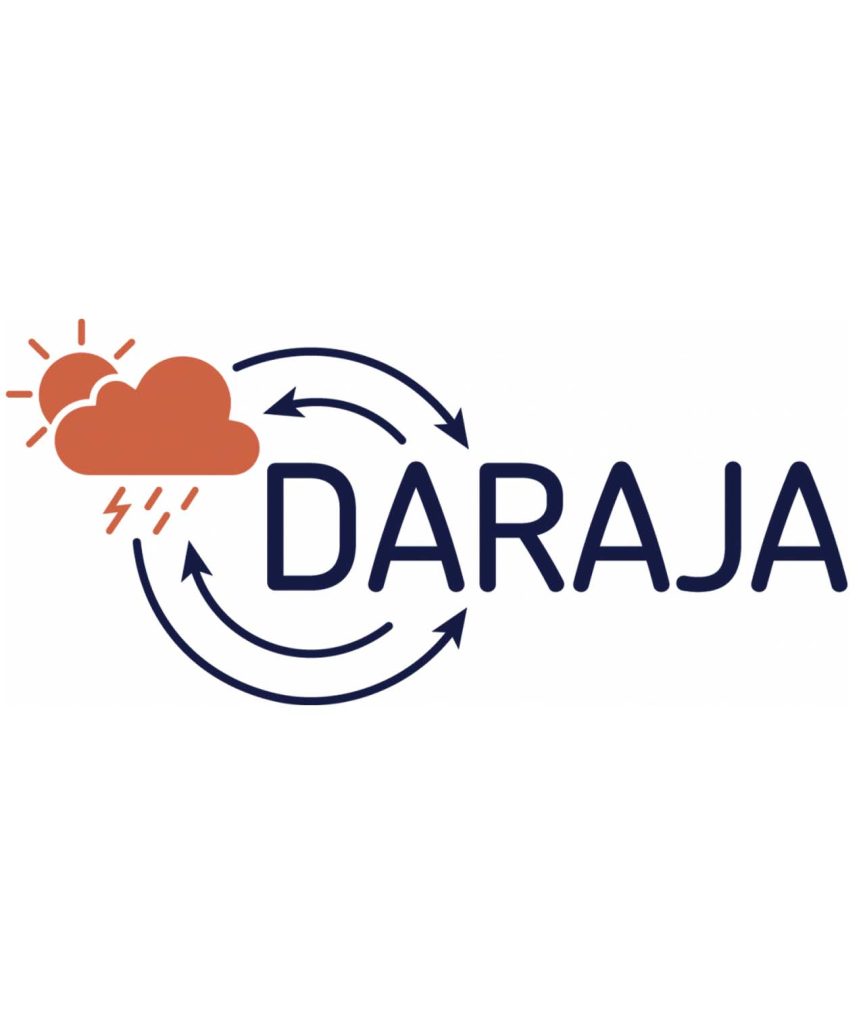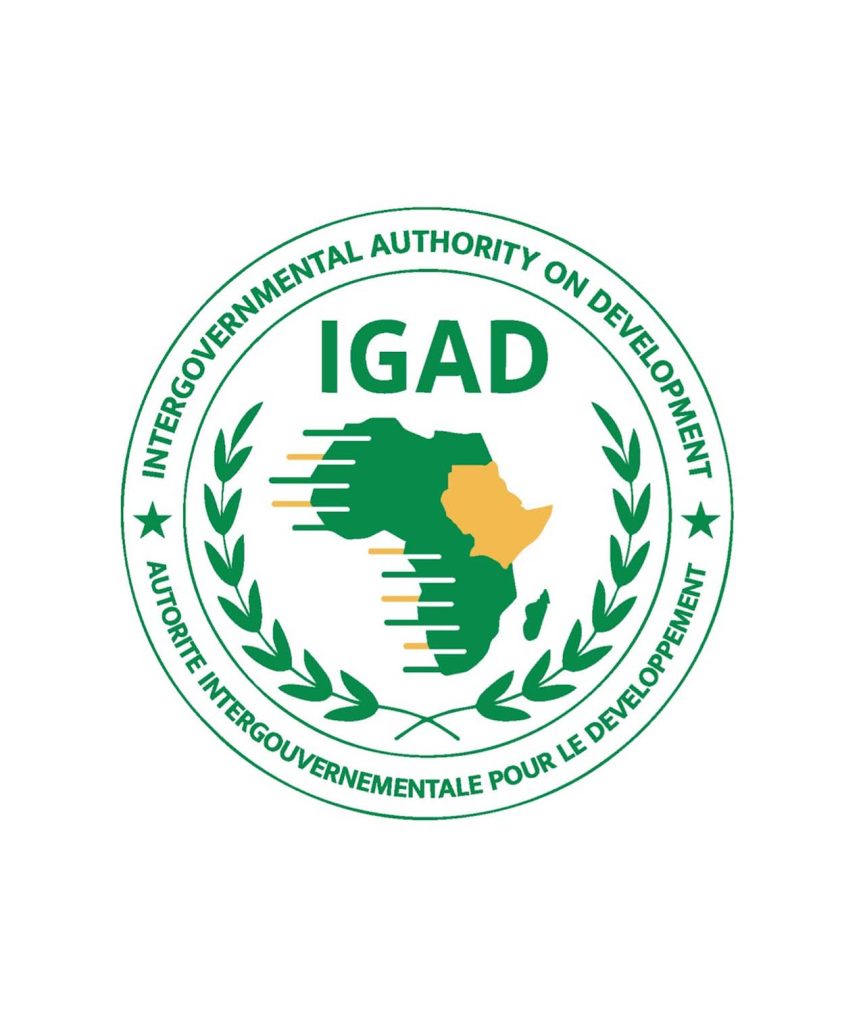By Luganda David Nsiyonna
ENTEBBE, UGANDA — In a crucial three-day meeting from May 13 to May 15, climate and peacebuilding experts from the Inter-Governmental Authority on Development (IGAD) gathered in Entebbe to validate innovative climate-conflict early warning tools. The new systems are designed to integrate climate and environmental data with conflict dynamics, with the aim of anticipating and monitoring climate-induced insecurity in vulnerable border regions.
The validation workshop, a key initiative by IGAD’s Conflict Early Warning and Response Mechanism (CEWARN), brought together representatives from pilot areas in South Sudan, Kenya, and Uganda, as well as national early warning units and representatives from various regional bodies. The tools under review play a dual role: a scanning system tracks event data from multiple sources to identify patterns of risk, while a predictive tool uses this information to offer forward-looking insights into emerging threats.
“Climate shocks are no longer just an environmental issue—they are a human security concern in the IGAD region,” said CEWARN Director Camlus Omogo in his opening remarks. He emphasized that the tools are a vital step in bridging data with action for a timely and effective response.
The Government of Uganda, serving as the host nation, underscored the urgency of the matter. H.E. Ambassador Philip Rukikare, speaking on behalf of the government, stated, “As a nation facing climate variability—droughts, floods, and erratic rainfall—we understand how these shifts threaten livelihoods and cause insecurity. The urgent need for proactive tools is clear.”
Mrs. Florence Kirabira, head of Uganda’s national early warning unit, delivered the closing remarks. She commended CEWARN’s initiative and stressed the need for the tools to be relevant to local communities and to complement existing national and regional efforts. This sentiment was echoed by Mr. Andrew Malinga, CEWARN’s GIS expert and climate-security initiative lead, who highlighted the workshop’s value in ensuring the tools are grounded in the reality of communities facing climate-induced conflict risks.
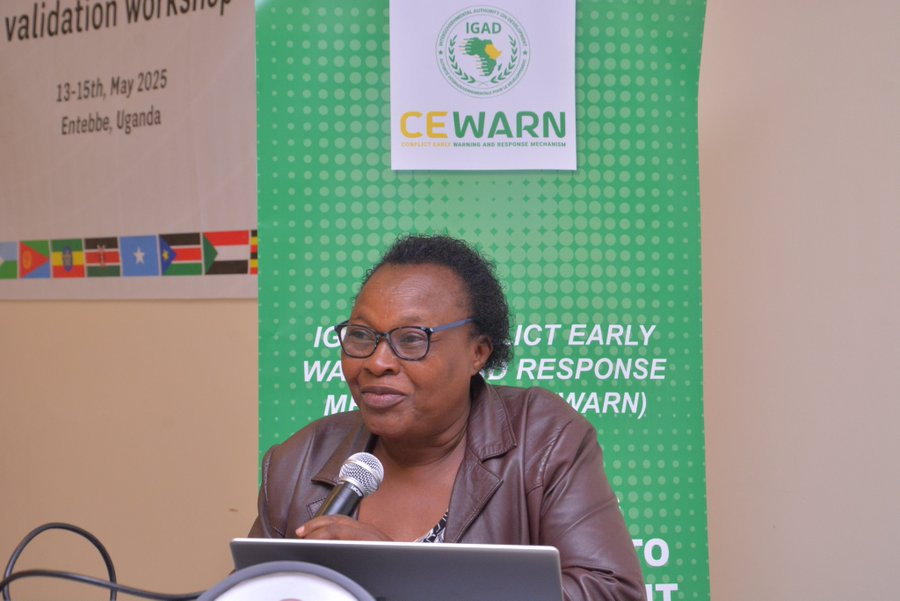
The meeting also received strong support from international partners. Ms. Lynn Waller from the Irish Embassy in Uganda, a key partner of CEWARN’s climate security work, welcomed the development of early warning and predictive tools, noting that bringing experts together is essential for advancing the mission of serving climate-vulnerable communities.
On behalf of IGAD Executive Secretary H.E. Dr. Workneh Gebeyehu, IGAD Head of Mission in Uganda Bigirwa Joselyn stressed the vital link between science and policy. He characterized CEWARN’s work as a “beacon of proactive peacebuilding” that “not only fosters resilience but also prevents the potential escalation of tensions across the IGAD region.”
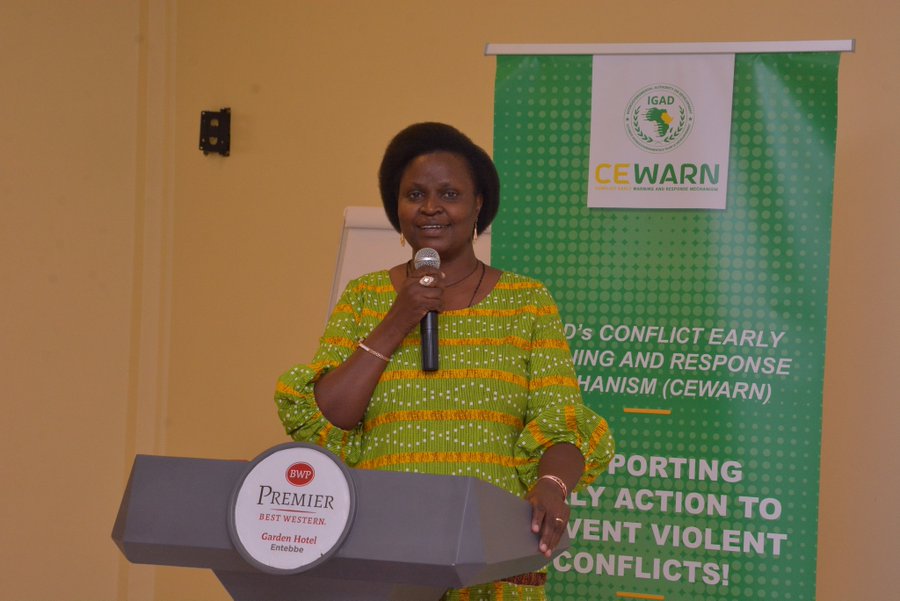
The insights gathered from the Entebbe workshop are expected to guide further refinement of these tools, helping to shape a more responsive and grounded early warning system for the IGAD region. The initiative represents a unified effort to turn climate data into meaningful, peace-promoting action.

